Institute for Social and Health Sciences (ISHS)
SAFA D-Licence certificate ceremony held at the Institute for Social and Health Sciences
Two of the six foundational principles held by the Unisa Institute for Social and Health Sciences (ISHS) are Community: Building Solidarity; and Citizenship: Participating in Public Life. This is what the Institute continually strives to do with much of its work centering on the community. On 12 November 2022, the Institute hosted a D-licence certificate ceremony where local soccer coaches from communities such as Thembelihle, Lehae and Ennerdale were awarded their certificates after participating in the D-license coaching training given by the South African Football Association (SAFA).
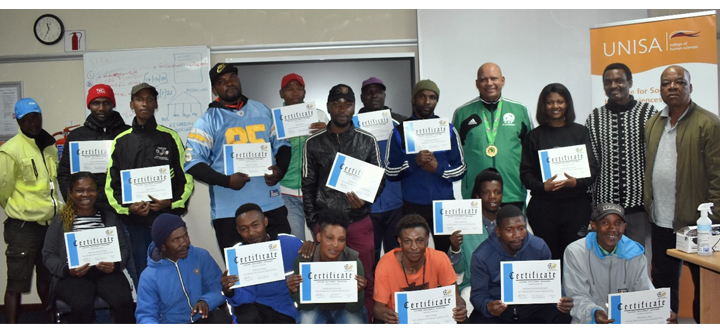
Mr Cameron Cox with D-Licence certificate recipients at ISHS
The coaches went through an eight day long training, which was facilitated by former Jomo Cosmos, Sundowns and Bafana Bafana player, Thabo Augustine Makalakalane. Following the D-license certification, the coaches can pursue a C-license certificate and be one step closer to obtaining professional licenses. Mr Cameron Cox of SAFA joined the Institute and a diverse range of award recipients who had gathered for the long-awaited occasion. He explained that the D-license certificate is one step of many that will propel the coaches towards their goal of becoming professional coaches who can even work internationally. Mr Cox then congratulated the coaches on their achievements and encouraged them to continue training until they reach their set goal, urging the coaches to put their certificates and training to good use.
In order for the coaches to qualify for the C-Licence certificate training, which will be a 16-day long journey of theoretical and practical training with exams, they will need to provide a portfolio of evidence detailing the work they have done after receiving the D-License certificate. Mr Tlale Royal Lekoba, who spoke on behalf of the Institute, emphasised this and expressed that this is especially important to uplift the youth that the coaches work with.It is for this reason that the ISHS funded the D-Licence certificate training and have committed to fund the coaches for their C-license certificate. Mr Lekoba further stated that the Institute was invested in this initiative not only because of how it capacitates community members at the grassroots level, but because of how it benefits the young people who are being groomed by the coaches.
All the coaches who received their certificates on the day work with young people from the ages of nine to 16, many of whom come from disadvantaged backgrounds and look to the game of soccer as a means to break away from their everyday life and the challenges it comes with. The work of a coach is not just to coach the game of soccer but to take up many roles in children’s lives in order for them to have a chance at a better future.
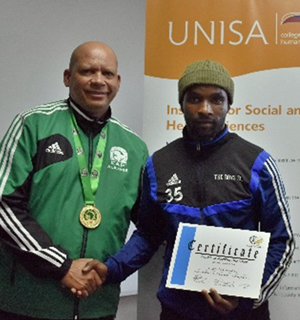 |
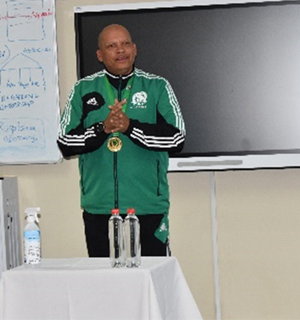 |
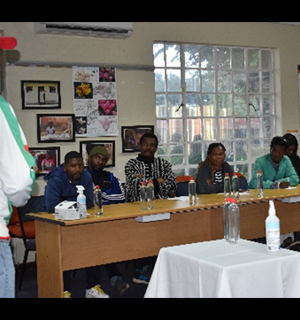 |
* Written by Duduzile Skosana (Communication and Marketing Intern: ISHS)
Publish date: 2022-12-05 00:00:00.0

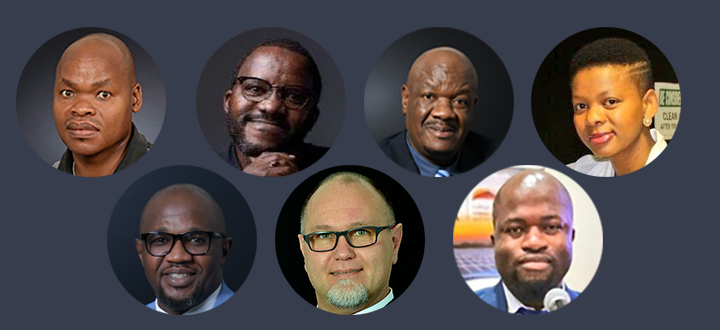 Seven Unisans nominated for the NSTF-South32 Awards 2023/2024
Seven Unisans nominated for the NSTF-South32 Awards 2023/2024
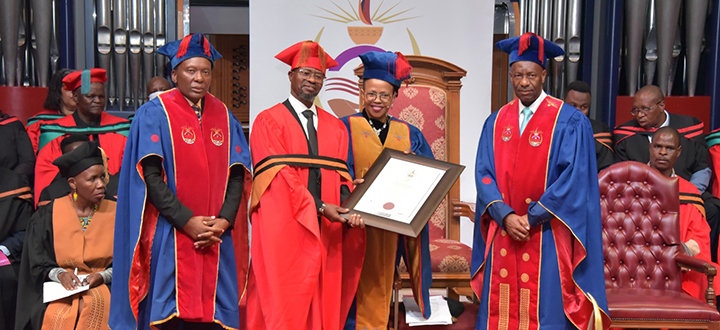 Unisa awards posthumous honorary doctorate to literary maven, OK Matsepe
Unisa awards posthumous honorary doctorate to literary maven, OK Matsepe
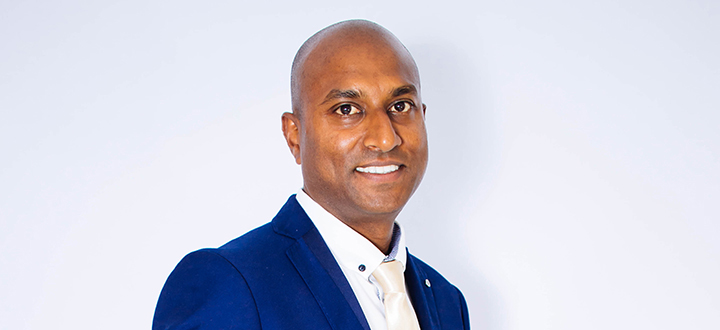 From humble beginnings to academic leadership
From humble beginnings to academic leadership
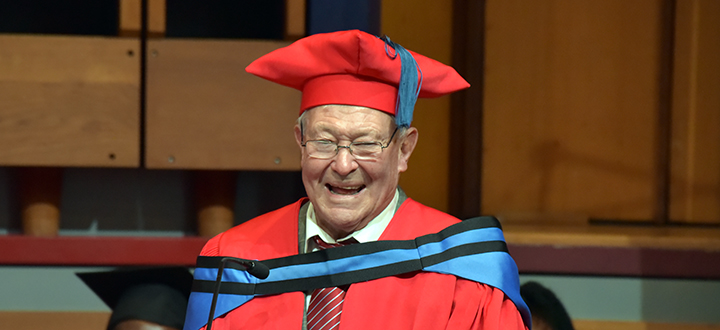 Community champion and agricultural entrepreneur extraordinaire honoured by Unisa
Community champion and agricultural entrepreneur extraordinaire honoured by Unisa
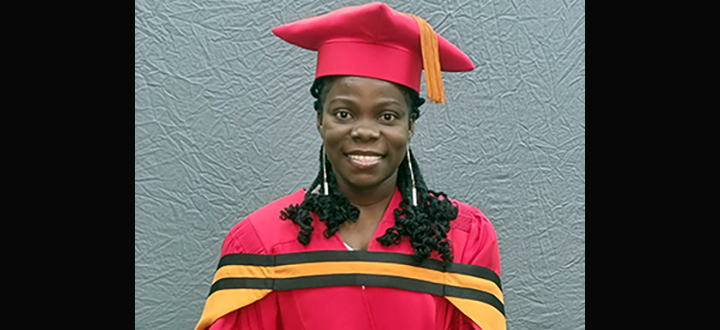 Ghanaian-born Swede earns PhD in Information Sciences from Unisa
Ghanaian-born Swede earns PhD in Information Sciences from Unisa